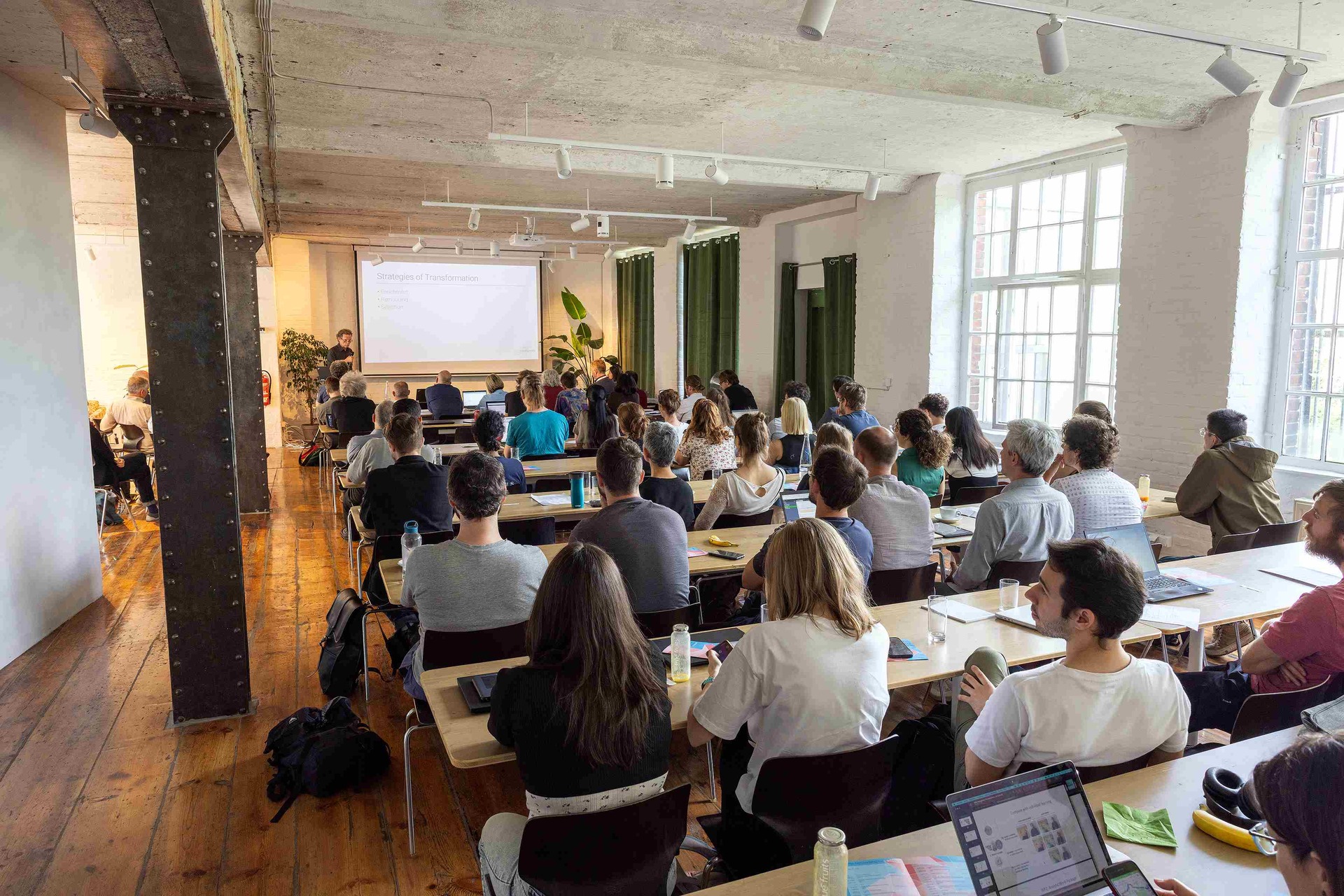SCIoI sets up new master courses funded by senate
The Berlin Senate Department for Higher Education and Research shows its commitment to promoting scientific excellence in research at all levels possible, this time by enabling Master-level students to benefit from the expertise of the Cluster of Excellence “Science of Intelligence” (SCIoI).
Early-career scientists conducting their research within the cluster will have the opportunity to transfer their knowledge and know-how to Master students. This is a unique chance for Master students to learn directly from people instantly involved in the latest academic and scientific developments.
SCIoI will deliver several Master courses with the first two already kickstarting during the upcoming academic semester in the next weeks. The master courses will revolve around topics such as robotics, machine learning, animal behavior, automated vision tracking and a lot more. Here is a brief overview for each one of the courses:
Starting now:
Communicating hot topics in intelligence research (Science of Intelligence: Distilling discourse into outreach) – Benjamin Lang, Nicolas Roth
The intention is for the students to do their own research on the topic (different forms of Intelligence) while also getting to hear from experts in the field. A practical course on scientific outreach, intelligence research communication, and producing media for general audiences in collaboration with invited experts from the fields of automated animal tracking and computer vision.
Quantitative approaches to behavior – Mark Boon
This course provides participants with a hands-on introduction to the end-to-end analysis of animal behavior, from processing video recordings to characterizing and modeling behavior. Participants will be introduced to the mathematical tools necessary to understand the basics of tracking, state estimation, and characterization of behavior.
Upcoming:
Active Sensing – Olga Shurygina
In this course, students will learn from cutting-edge research on active sensory perception in humans and other mammals and how this can help artificial agents like robots to see, grasp, and navigate better in space.
Mind, Body, Environment: An Interactive Seminar on Embodied Intelligence – Aravind Battaje
The course aims to encourage discourse among students, while strengthening their literature research skills and equipping them to write academic papers and present complex subjects in oral presentations.
Introduction to Swarm Robotics: Where Complexity Meets Robotics – Mohsen Raoufi
This course is designed to examine the realms of complexity science, network science, and engineering. Swarm robotics holds immense potential applications, such as search and rescue, disaster recovery, and environmental monitoring, making its study both relevant and urgent.
Introduction to Modeling Collective Behavior – David Mezey
This course focuses on examples of collective behavior in nature and on different approaches to capture such behaviors into mathematical or computational models. This course lays a comprehensive, interdisciplinary foundation about modeling collective behavior.
Selected Topics in Robot Learning – Svetlana Levit
This course focuses on recent advances in robot learning, the field at the intersection of robotics and machine learning. Robot learning focuses on applying new technologies to enable robots to operate in unseen environments, to learn new behaviors and to adapt to changing goals and conditions.
Dynamic Vision: Tracking Methods in Computer Vision – Friedhelm Hamann
This hybrid seminar reviews optical flow, point-, feature and object tracking. We furthermore present the latest trends in test-time optimization-based methods, for example dynamic gaussian splatting.
Artificial Social Intelligence – Jonas Frenkel
The main objective of the proposed course is to provide a comprehensive understanding of Artificial Social Intelligence (ASI), comprised of several principles and sub-fields, such as neuroscience, psychology, studies on the mind and brain as well as synthetic sciences such as machine learning, computer vision, and robotics.
All Master courses will be academically supervised by experienced professors and scientists from SCIoI. Lectures will be open to the public, enhancing the courses’ visibility and community engagement. Furthermore, recordings and seminar outcomes will be publicly accessible in hidnsight, contributing to the wider dissemination of knowledge.
For further details and registration information, please refer to this link.
Here are the details of the first two Master courses starting soon.





